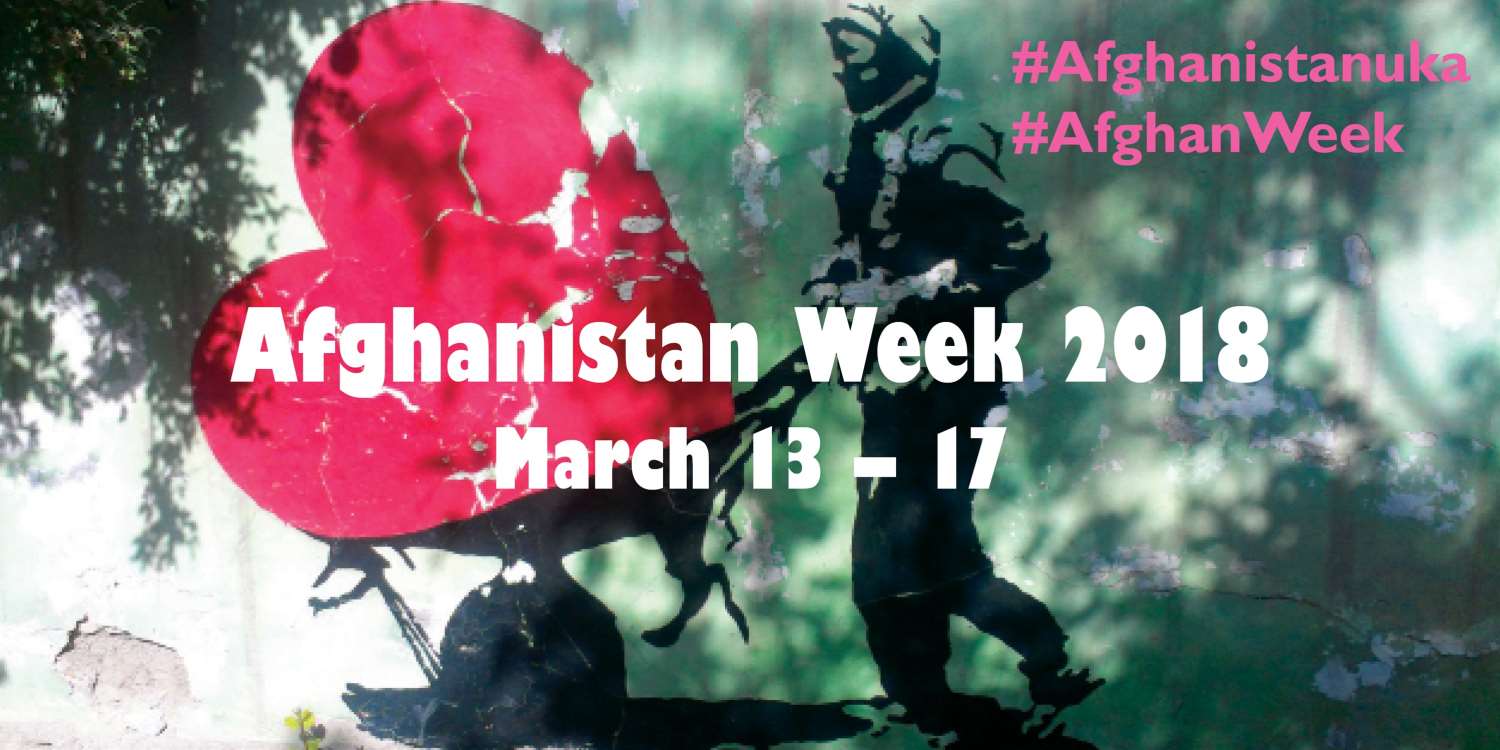15. mars: Surviving in Today’s Afghanistan
War is intensifying across Afghanistan. According to recent reports, the Taliban and other anti-government groups control or contest almost 70 percent of the country, whereas the US has escalated its military operations significantly.
Tid: 15. mars klokken 16:30 til 18:00
Sted: Kulturhuset, Oslo
The number of internally displaced people have increased manifold in the last few years and the conflict claims a growing number of both military and civilian lives.
At the same time, humanitarian aid agencies report greater difficulty in accessing many people in need. Likewise, many areas are out for reach for journalists and human rights monitors, making it difficult to assess the exact situation on the ground.
However, it is abundantly clear that civilians are directly targeted by Taliban and other anti-government groups, causing mass casualties in both rural and urban areas. Civilians are also casualties of aerial and ground operations by government and Western forces, whose conduct has become less transparent in recent time.
This seminar seeks to enhance our understanding of life in war-torn Afghanistan and the conflict’s impact on civilians.
How do the conflict and continuing violence shape the everyday existence of Afghans across the country?
What support structures are in place to aid civilians affected by the conflict, and to mitigate harm against them?
What is it like to live, work and build a future in a country ravaged by war for four decades?
How and to what extent can ‘development’ take place in the current context?
The seminar will be followed by an update on Norway’s policies towards Afghan asylum seekers (in Norwegian)
Speakers
(All speakers TBC)
Orzala Ashraf, Director Afghanistan Evaluation and Research Unit (AREU)
Patricia Gossman, Human Rights Watch
Borhan Osman, International Crisis Group
The Afghanistan Week 2018 is a series of events related to Afghanistan, which is a collaboration between the Norwegian Afghanistan Committee (NAC), the Chr. Michelsen Institute (CMI) and the Peace Research Institute Oslo (PRIO).



